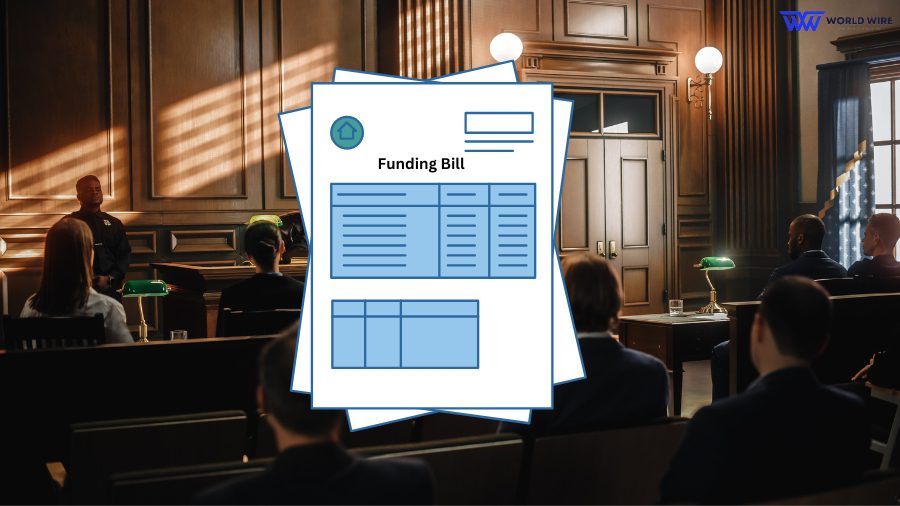With funding for the Department of Transportation and the Food and Drug Administration running out on March 8 and most other federal agencies partially shutting down on March 22, lawmakers last week passed the fourth stopgap measure since October 1 to keep the government funded. They also gave themselves two short deadlines to act.
Let’s read the news and find out more.
U.S. Lawmakers Unveil Bill to Fund Government, Avert Shutdown
Threatened with a partial government shutdown, On Sunday, the U.S. congressional negotiators released a package to fund crucial aspects of the government for the rest of the fiscal year that started in October.
A spokesman for Democratic Senate Majority Leader Chuck Schumer stated that the legislation establishes a $1.66 trillion discretionary spending cap for the fiscal year 2024.
Among the twelve government agencies for whom Congress is tasked with approving funds, six are specifically funded in this 1,050-page bill; the remaining six are expected later this month.
It also wraps up the story of a deal struck early in January by Republican House Speaker Mike Johnson and Democratic Leader Charles Schumer.
Senate Majority Leader Chuck Schumer said the bill “maintains the aggressive investments Democrats secured for American families, American workers, and America’s national defense.”
In a statement, Johnson stated: “House Republicans secured key conservative policy victories, rejected left-wing proposals, and imposed sharp cuts to agencies and programs critical to President Biden’s agenda.”
Even while the majority of Congress has reached an understanding on the deal, there are still obstacles to overcome, most notably the opposition of hardline Republicans in the House who have consistently demanded spending cuts and generally don’t support spending bills.
Despite having limited negotiation power due to their sharply divided caucus, House Republicans portrayed the bill as a win.

The bill proposes to cut funding to the FBI by 6%, the Bureau of Alcohol, Tobacco and Firearms by 7%, and the Environmental Protection Agency by 10%.
Aside from that, Schumer stressed that the plan “makes critical investments in our infrastructure and strengthens programs that benefit services for our veterans” while claiming it also completely supports a health program for low-income families.
Credit agencies are uneasy about the nation’s $34 trillion debt and the constant brinkmanship surrounding it.
Citing growing political divisiveness and large fiscal deficits, Moody’s dropped the U.S. financial outlook from “stable” to “negative” in November. Fitch, however, maintained the “stable” rating on Friday.
The draft also calls for Congressional approval of new funding packages for three strategically important U.S.-allied Pacific Island nations, totaling $7.1 billion.
These packages were agreed upon last year but had been delayed due to budgetary disputes.
The COFA states’ leaders, who have been increasingly concerned about the U.S. congressional budget impasse, issued a warning last month that China is aggressively trying to change their allegiances, including Taiwan.
Before the Senate can take up the package by Friday, Schumer stated that the House must vote on the bill first. On Tuesday, the House is scheduled to return to Washington.







Add Comment